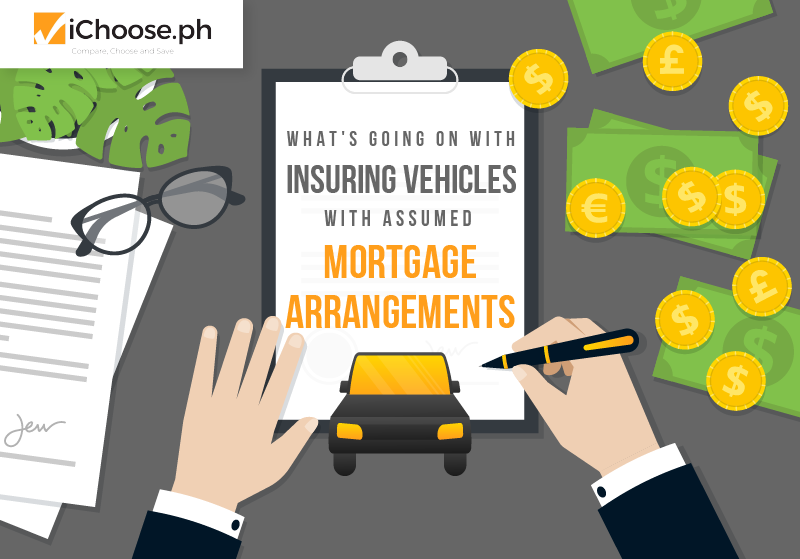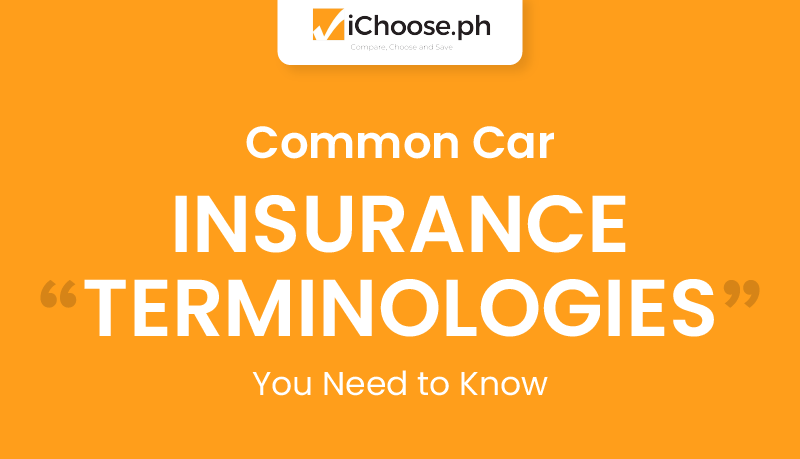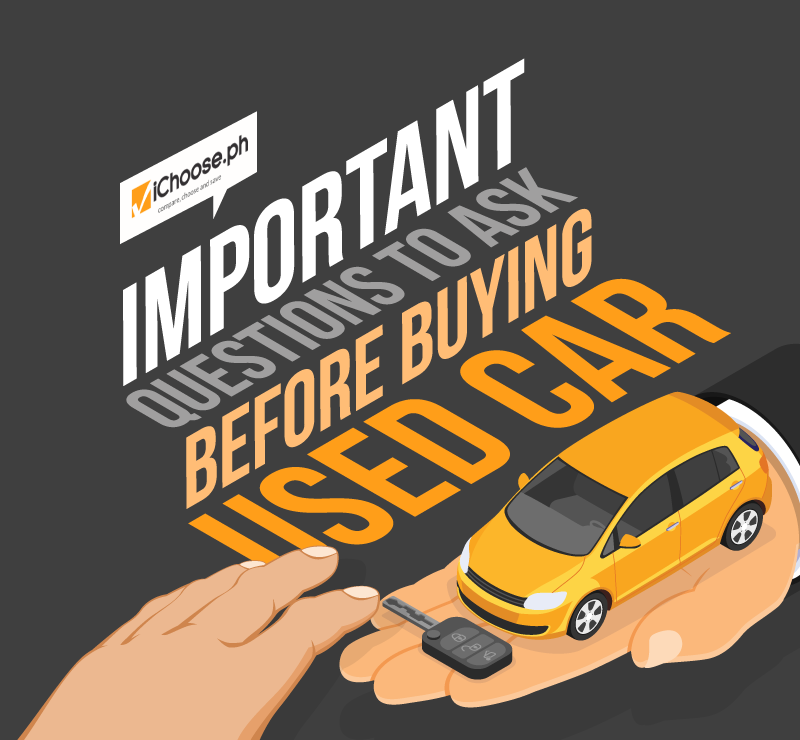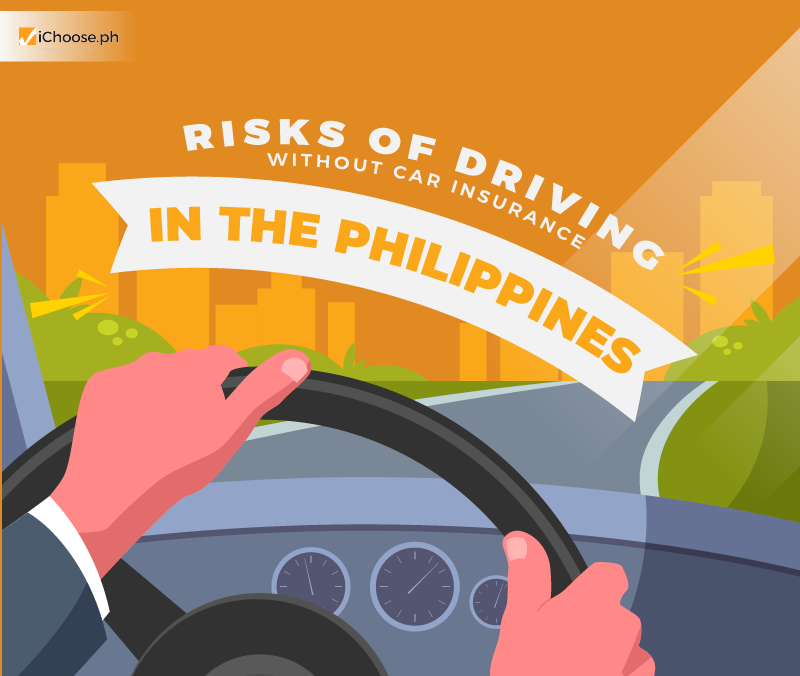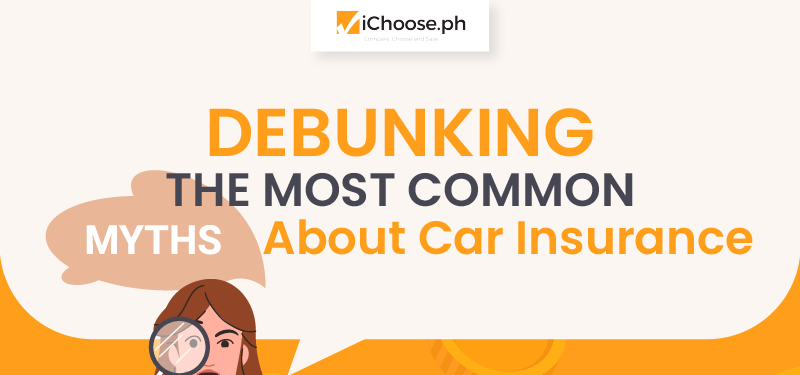What’s Going on with Insuring Vehicles with Assumed Mortgage Arrangements
When people purchase their vehicles, they often have two payment methods to do so. They can buy their cars with cash upfront, saving them from paying interest and financing costs. On the other hand, car buyers can also purchase their vehicles via a car loan. This option allows them to acquire a car without being burdened by spending a huge amount of money in one go.
Spreading the payment for their vehicle over several months enables them to drive a car despite being on a tight budget. However, even when people agree on an affordable fixed monthly payment with a dealership or a financial institution, some vehicle owners face certain challenges along the way. This results in them considering selling their cars even when they have not yet finished paying their loans.
Is It Possible to Sell a Vehicle Purchased via a Car Loan?
It is not possible for vehicle owners to simply sell their cars while in the middle of their loan term. The Mortgagor (vehicle owners) must comply with the terms and conditions written in the Promissory Note with Chattel Mortgage they entered into with their Mortgagee (financial institution).
Generally, the loan agreement with chattel mortgage stipulates that car owners cannot sell or transfer possession of the Mortgaged Property (vehicle) without the prior written consent of their bank. As stated in Article 319 of the Revised Penal Code, the mortgagor is liable if they sell or pledge their mortgaged property (in this case, their vehicle) without the mortgagee’s consent.
Consequently, if vehicle owners sell their financed cars, they will have to do it via “assume balance” basis, or “pasalo” – the usual term used to describe the scheme in the Philippines. However, loan assumption is not something that all banks allow, and not every buyer is guaranteed approval to enter into an existing loan term.
How to Assume a Car Loan?
When acquiring a vehicle under an assumed mortgage agreement, the buyer pays a certain amount to the seller, which typically includes the down payment and amortizations paid by the seller, and takes the responsibility of paying the bank the remaining balance of the car loan.
Here is the correct procedure of selling and buying a vehicle with assumed mortgage arrangement:
1. The mortgagor/seller must first secure the written consent of their bank before selling their vehicle on an assumed balance basis.
2. The bank will then conduct a credit check on the buyer of the vehicle. This process protects the seller from an unscrupulous buyer. In addition, a credit check also allows the bank to analyze the creditworthiness of the buyer.
3. If the buyer has been approved to take over the loan, the bank will consider the seller’s loan as pre-terminated. The seller will then have to pay transaction expenses, such as pre-termination fee, cancellation of the chattel mortgage, and transfer of vehicle registration.
4. With the pre-termination of the seller’s existing loan, the bank and the buyer will enter into a new loan contract/agreement and sign a new Promissory Note with Chattel Mortgage. And,
5. The buyer must also acquire a car insurance Ph policy, which is required before the bank allows them to assume car ownership.
How to Insuring Vehicles with Assumed Mortgage Arrangement?
“Pasalo” buyers insuring their car with an assumed mortgage agreement also goes through the same procedure as other drivers buying car insurance policies for their vehicles.
It is essential to shop around and compare car insurance Ph policies from different car insurance providers to get the best insurance plan for the vehicle. Furthermore, the “pasalo” buyer can also utilize websites for car insurance comparison Philippines to streamline the process of obtaining and comparing insurance policy quotes.
iChoose PH is the leading car insurance comparison site in the Philippines. It enables car owners to make the right decision when selecting a car insurance policy. Visit our website at www.iChoose.ph to view unbiased quotations from some industry’s leading car insurance companies.
Read More: What is Covered by Standard Home Insurance in the Philippines?
More useful reads from iChoose.ph

